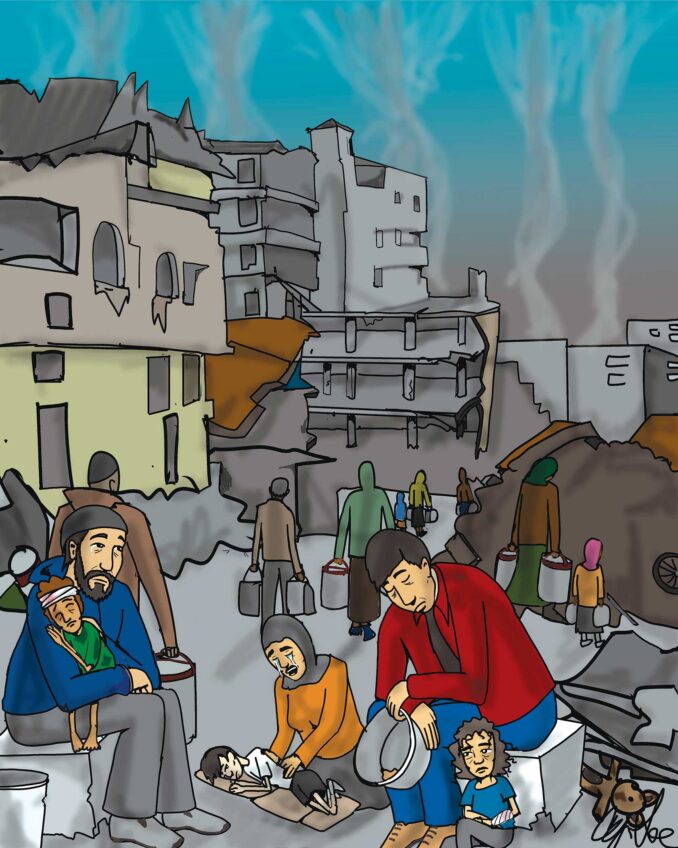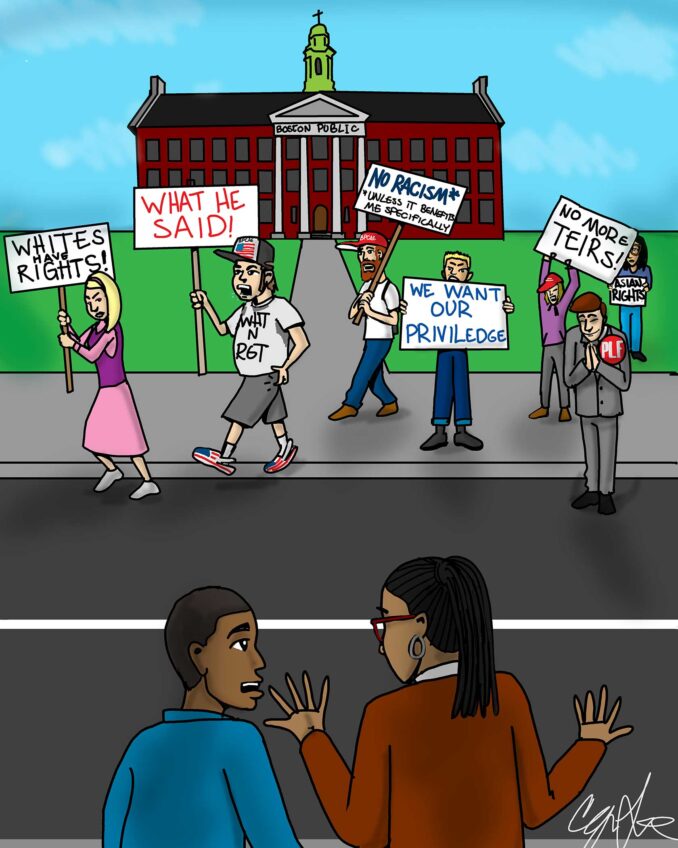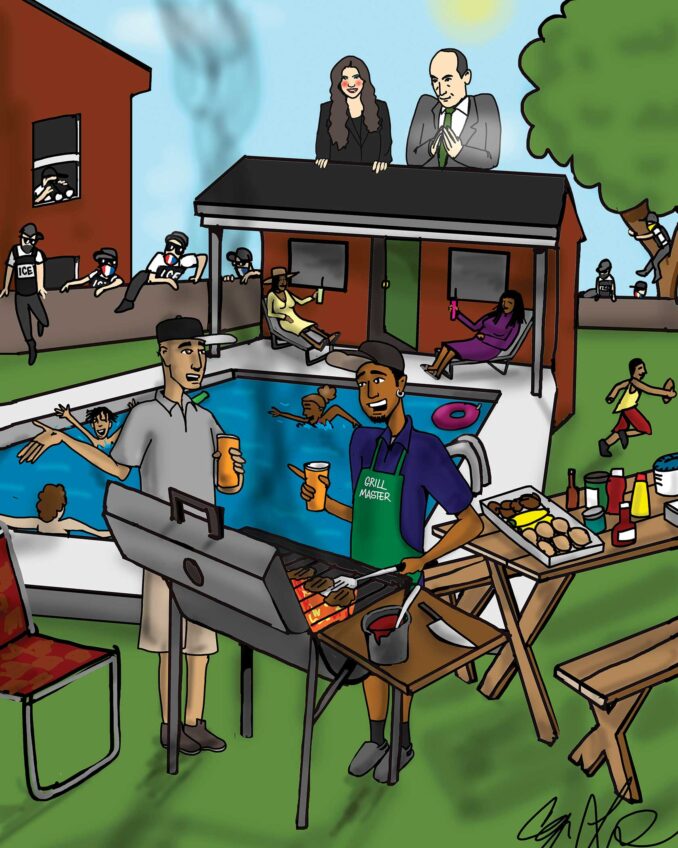Expand the Massachusetts Child Tax Credit for immediate child care relief
Families hit hard by the pandemic need child care relief. Trillions of dollars in social infrastructure spending may soon come down the pipeline for our state to start building a universal child care system. But our families need help today to support the child care arrangements they are relying on right now.
Last Friday, we testified to this urgent need at a hearing on our state’s use of American Rescue Plan Act (ARPA) funding. On behalf of our organizations and our coalition, Care That Works, we called for a $600 child tax credit for children under 13, with an added benefit of up to $3,600 for children with Individual Taxpayer Identification Numbers who have been entirely excluded from the federal child tax credit due to a Trump-era bill.
No, this child tax credit wouldn’t put a dent in our state’s infamously expensive child care rates, which can reach up to $20,000 a year for young children. Instead, it would target the gaps in the current system. Without enough funding for vouchers, there are 14,000 children on the waiting list. Over half of Massachusetts residents live in “childcare deserts,” with Black and Latinx children four times more likely to live in “extreme” deserts than white children. And 42 percent of low-income children under 13 need care when most programs aren’t open–early mornings, late evenings, overnight, and on weekends. Low-income jobs with nonstandard schedules are disproportionately held by women and people of color. Our families and communities are the ones falling through those cracks.
When the pandemic hit, La Colaborativa adapted quickly to address the huge needs and hardship in the city of Chelsea. In our food pantry line, unemployment workshops, wage theft consultations, and rental assistance appointments, we’ve heard over and over that the lack of child care options is making this terrible period for families even worse. Members of the community have been turning to the only help available–each other. Now, La Colaborativa members are organizing to become licensed providers and assistants. As we work to build the child care infrastructure our city needs to sustain itself, we will need resources like the child tax credit to keep going until we make this vision a reality. But in our city, with its many immigrant communities, there are families who aren’t receiving the federal child tax credit. In Massachusetts overall over 29,000 children have been excluded. Legislators have the means to remedy this injustice.
UAW Local 2322 has many members who work in human services and early education in western Massachusetts. Many of us are parents who, despite their essential occupations, struggle to afford child care and rely on a mix of programs and informal arrangements. Our members in child care centers also see how the families they serve — who do have access to licensed programs — need a resource like the child tax credit, too. Since the pandemic, many children have needed more support and attention in part due to increased economic insecurity at home. Child care outside the home rests on the foundation of care provided in the home. The child tax credit can strengthen this foundation by stabilizing families directly.
Grandparents are major providers of care in the home and community. New England United for Justice members include many working-class grandmothers in Mattapan and Dorchester. During the pandemic our members were on the frontlines both as essential workers and as caregivers. Many women, especially women of color, lost hours or jobs. Many who managed to keep working only did so because they leaned on grandparents and other informal caregivers–they leaned on us. Almost a quarter of White, Asian, and Latinx children under six are regularly cared for by relatives, as are almost a third of Black of children under six. Despite this, grandparents and other informal caregivers weren’t included in our state’s child care relief and recovery efforts. The child tax credit is just one of many ways the state can and must provide these crucial community caregivers like us with support.
Families depend on multiple forms of child care to get by. We need multiple strategies for child care relief to target and support them all. The child tax credit is a strategy that speaks to the range of circumstances families find themselves in and the variety of creative and resilient solutions they have adopted. We urge state Legislators to see and support care where it is happening by using ARPA funding to expand our state Child Tax Credit.
Mary Bugbee is a Union Representative for UAW Local 2322. Gladys Vega is the Executive Director of La Colaborativa. Noemi Ramos is the Executive Director of New England United 4 Justice.






